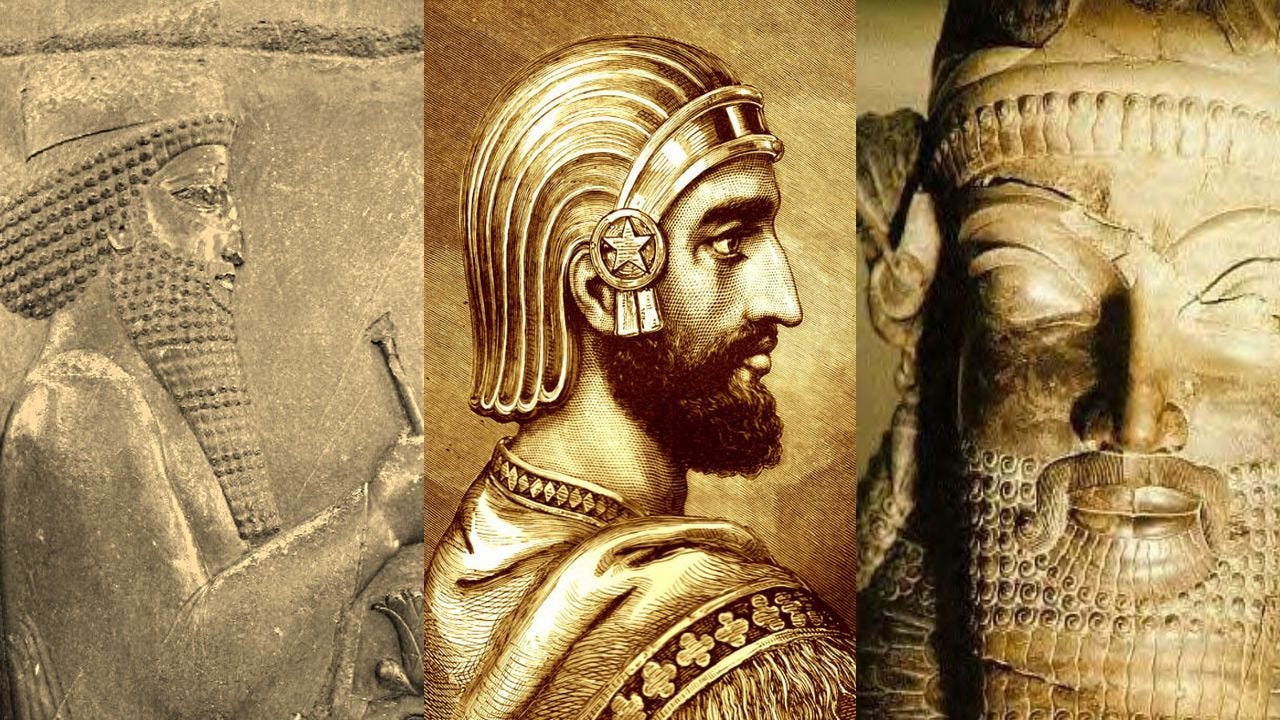politicalphishing.com – Cyrus the Great, also known as Cyrus II of Persia, was a visionary leader who founded the Achaemenid Empire, the first Persian Empire, which became one of the largest empires in ancient history. Born around 600 B.C., Cyrus was a member of the Achaemenid royal family, hailing from the semi-nomadic Pasargadae tribe in present-day Iran. His reign, from 559 to 530 B.C., was marked by military conquests, administrative innovations, and a policy of religious tolerance that significantly shaped the ancient world.
Rise to Power
Cyrus ascended to the throne in 559 B.C., succeeding his father, Cambyses I, as the king of Anshan. His ambition was not confined to his native lands; he aimed to unite the various tribes of Persia and expand his dominions. In 550 B.C., Cyrus led a successful rebellion against the Median king, Astyages, capturing the Median capital, Ecbatana, and establishing the Achaemenid Empire.
Military Conquests
Cyrus’s military genius was evident in his campaigns against the Lydian king, Croesus. In 547 B.C., Cyrus defeated Croesus at the Battle of Thymbra, capturing the Lydian capital, Sardis, and incorporating Lydia into his empire. His forces were innovative, using camels to repel the Lydian cavalry, showcasing his strategic acumen.
Expansion and Administration
The Persian Empire under Cyrus expanded rapidly, reaching from the Aegean Sea to the Indus River. Cyrus’s administrative skills were crucial in integrating diverse cultures and religions within his empire. He allowed local customs and religions to continue, earning him the title “Cyrus the Great” in the Bible for his benevolent rule.
Legacy
Cyrus’s legacy extends beyond his military conquests and administrative innovations. He is remembered for his policy of religious tolerance, which allowed conquered peoples to practice their own faiths. This policy was particularly significant for the Jews, whom he allowed to return to Jerusalem and rebuild the Temple, as recorded in the Bible.
Cyrus’s death in 530 B.C., while suppressing a revolt, marked the end of his reign but not the legacy of his empire. The Achaemenid Empire continued to thrive under his successors, reaching its zenith under Darius I and Xerxes I.
In conclusion, Cyrus the Great was not only a military leader but also a visionary statesman who laid the foundations of one of the greatest empires in history. His policies of tolerance and integration set a precedent that influenced the governance of empires for centuries to come. Cyrus the Great remains a figure of admiration and respect, celebrated for his contributions to the ancient world.
